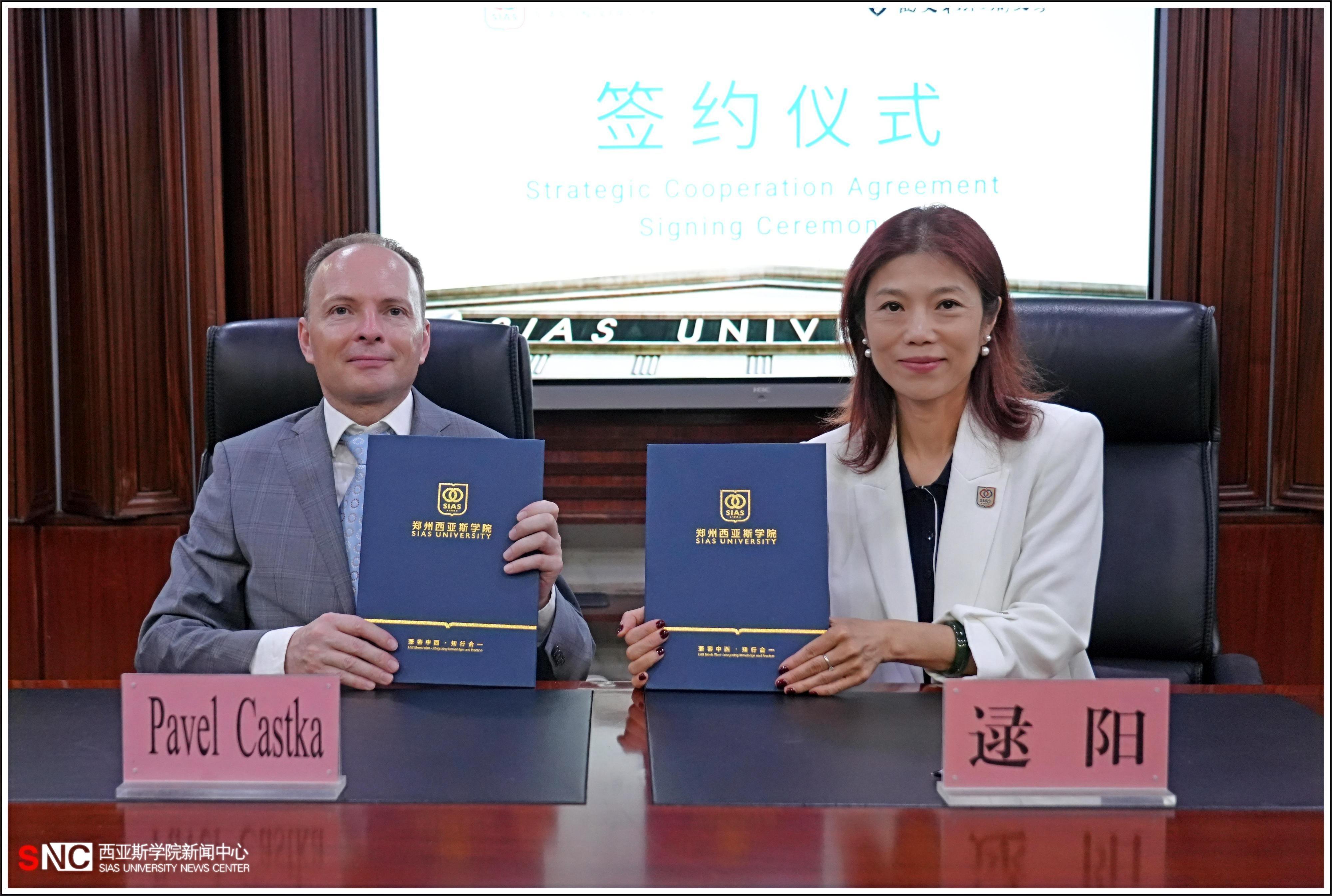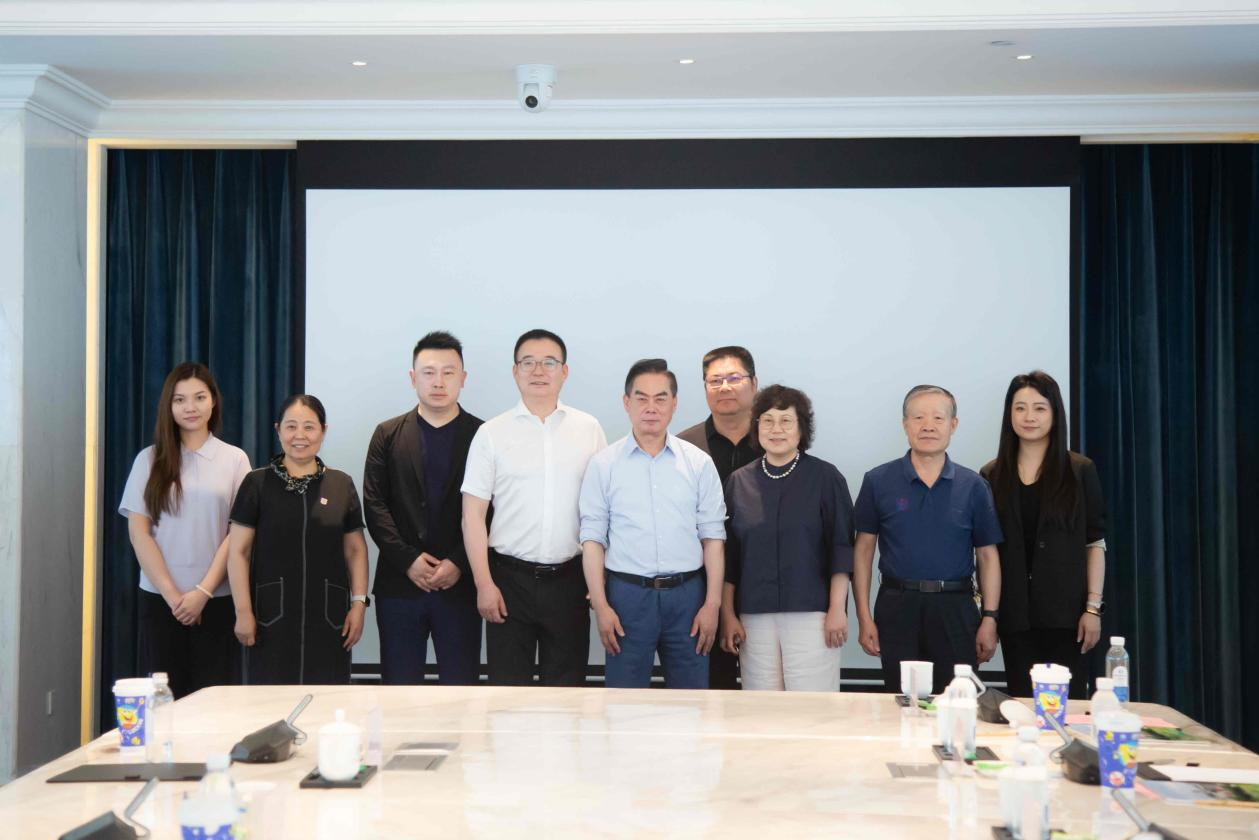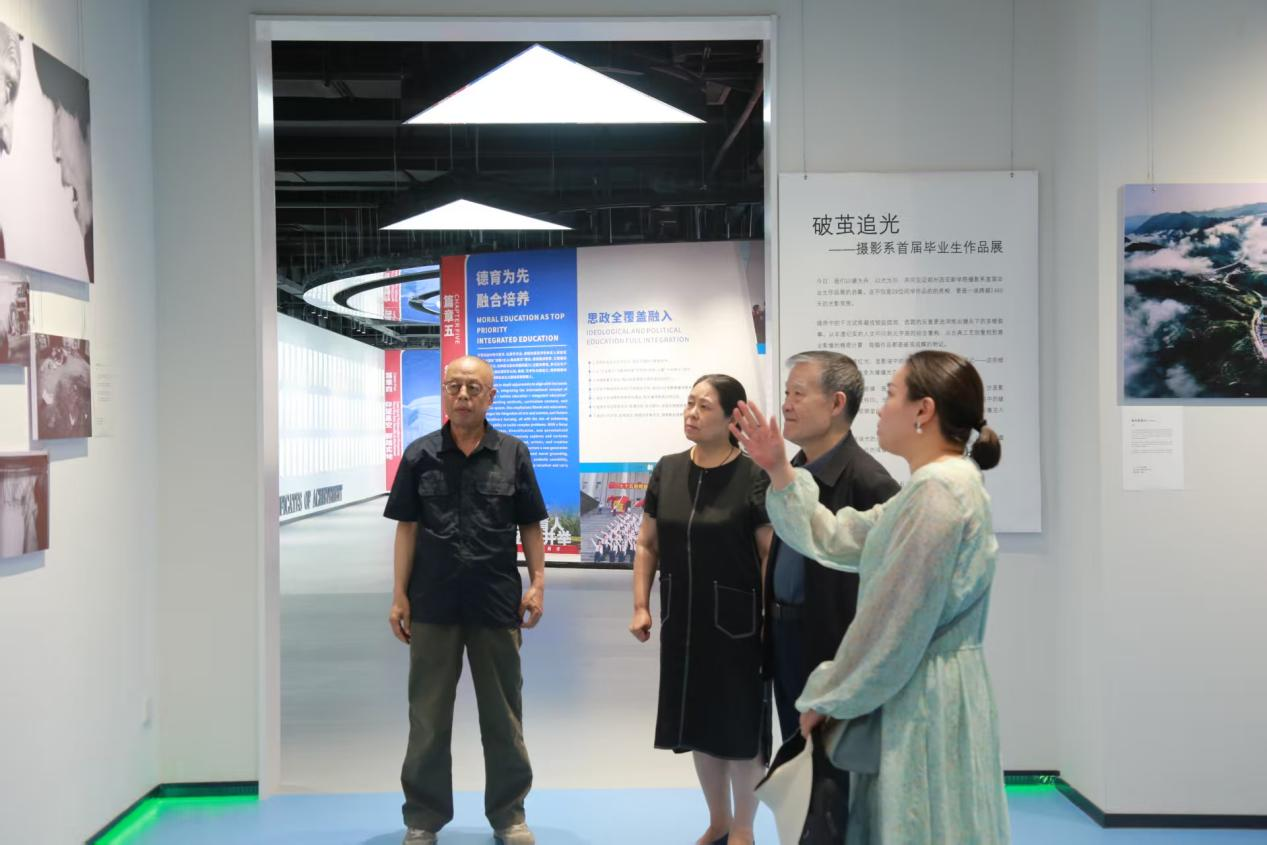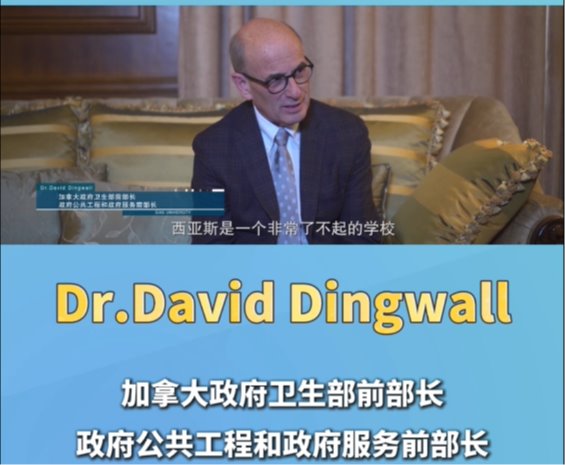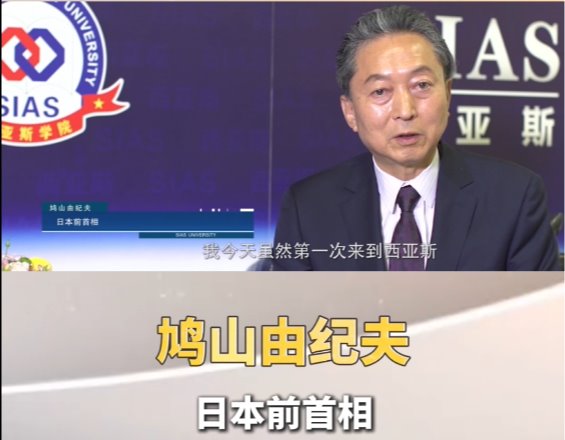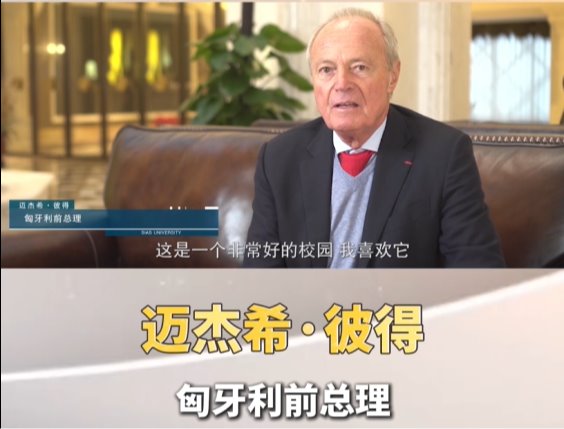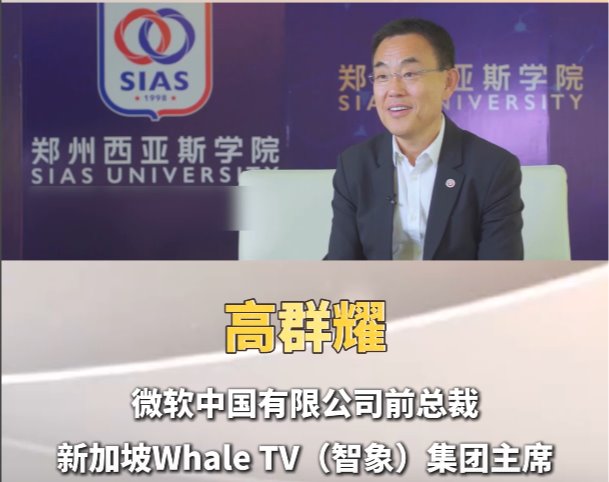Sias University's 2019 Summer Work Conference concluded on July 19. Sias leaders present at the closing included the Founder and Chairman of the Board, Dr. Shawn Chen, Party Secretary, Ma Jiansheng, Sias President, Chen Sikun, Executive President, Wang Jialin, Deputy Party Secretary, Li Huafeng, Vice President, Wu Hua, Vice President, Xu Shengdao, and Prof. Guo Junfeng. Leaders of all the departments and schools at Sias, as well as the Chairman of the Parents' Committee, and the Chairman of the Student Union, were also present.
All the academic schools and residential colleges presented their plans for the upcoming 2019/20 academic year with regard to education, teaching, innovation, research, subject competitions, student management, campus culture, and assessments. The leaders were given the opportunity to exchange ideas and discuss their plans at the Conference.
Ma Jiansheng pointed out that Party Committees in universities should focus on breakthroughs in innovation and Party building. He put forward a series of points with regard to educational activities, modernization, innovation, activities for the 70th anniversary of the People's Republic of China, and the political security of the university. He said that these tasks were important in the upcoming 2019/20 academic year.
Sias President, Chen Sikun, put forward the goals and directions for the important work such as quality assessment and changes with regard to application orientation. He said that the priorities should be teaching, undergraduate education, applied training, and service for local social and economic development. In the next stage, he said, the creation of academic courses, adjusting the structure of courses and specializations, an applied curriculum, open education, and research, were important for the university. He said that he hoped that all the faculty and staff would be practical, diligent, committed, and innovative, for the future development of Sias.
Executive President, Wang Jialin, put forward guiding opinions and suggestions with regard to teaching, scientific research, and academic course construction. He said that application orientation, clear training plans, the improvement of the curriculum, and service to the local economic and social development were priorities.
Li Huafeng put forward plans for the academic year that included tasks such as studying the ideology of Socialism with Chinese characteristics in the new era, creating an ideological responsibility system through the grasping of rules, concentrating on organizing thematic education and publicity activities, nurturing the next generation through the work of the Communist Youth League, promoting the student volunteer service, social practices and discipline competitions, and by actively promoting student volunteer services at Sias through social media.
Vice President Wu Hua spoke of his work and experience over the past year. He said that he hoped that theoretical study would improve management, team building, and innovation at the university.
Vice President Xu Shengdao expressed his surprise at returning to Sias. He said that both academic schools and residential colleges should continue to uphold Sias' East-meets-West educational philosophy, as well as the spirit of the national and provincial education congresses. He said that Sias should continually nurture students' international vision, innovative attitude, and entrepreneurial abilities. Sias should also make full use of its status as an independent private undergraduate university to speed up the process of assessments, and promote a sustainable development model for the university.
In his summary report of the Conference, Dr. Shawn Chen thanked the participants and pointed out that some of the important tasks for the upcoming academic year were a focus on quality assessment, KPI evaluation, postgraduate entrance exams and the CET-4 and CET-6 exams, and a cooperative mechanism between the residential colleges and academic schools. All departments, he said, should undertake qualification assessments. They should also stress the promotion of innovation, optimize management costs, reform the management system, and continually improve the teaching by introducing world-class educational resources through inclusive education, focusing on international education.






